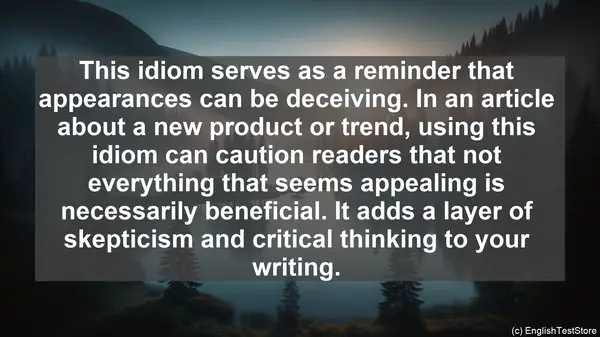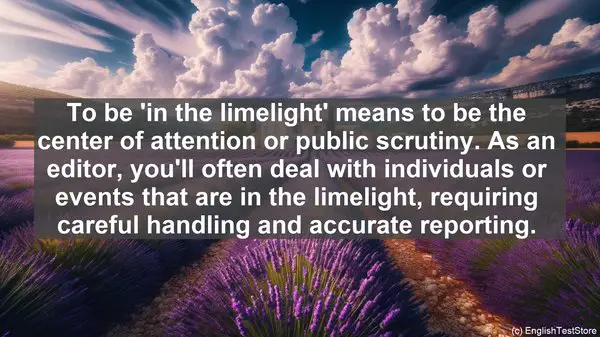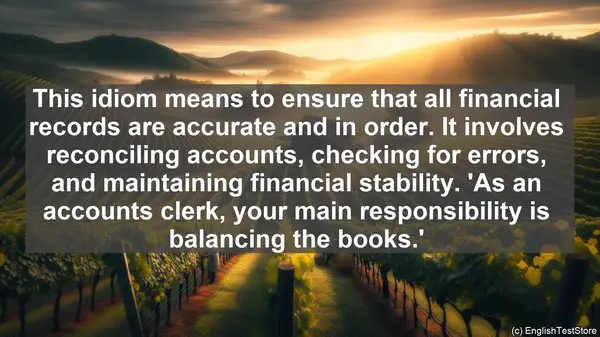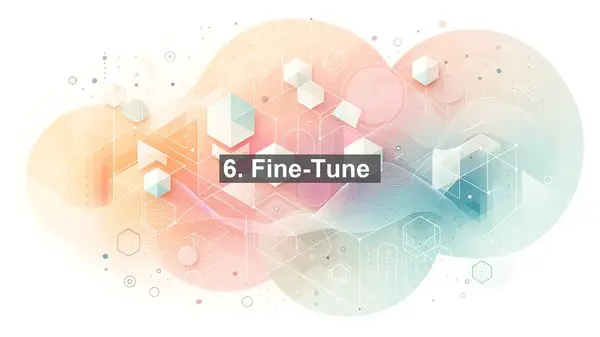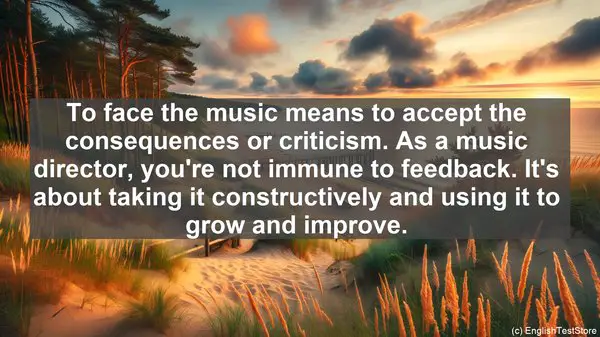Introduction
In today’s lesson , we’re going to dive into the fascinating world of English idioms. Specifically, we’ll be focusing on idioms that are incredibly useful for non-retail sales supervisors. Whether you’re a student looking to improve your language skills or a professional aiming to enhance your communication abilities, this lesson is for you. So, without further ado, let’s get started!
1. ‘Cut to the Chase’
As a non-retail sales supervisor, time is of the essence. When you ‘cut to the chase,’ you’re getting straight to the point, omitting any unnecessary details. This idiom is perfect for those moments when you need to be concise and direct in your communication.
2. ‘Ballpark Figure’
In the world of sales, it’s not always possible to provide an exact number. That’s where the idiom ‘ballpark figure’ comes in. It refers to an approximate or rough estimate. So, if you’re asked for a specific figure but don’t have the exact data, you can use this idiom to convey a general idea.
3. ‘Get the Ball Rolling’
When starting a new project or initiative, it’s crucial to ‘get the ball rolling.’ This idiom means to initiate or begin something. As a non-retail sales supervisor, you’ll often find yourself in situations where you need to kickstart a process, and this idiom perfectly captures that idea.
4. ‘On the Same Page’
In a team setting, it’s essential for everyone to be ‘on the same page.’ This idiom means to have a shared understanding or agreement on a particular matter. As a non-retail sales supervisor, ensuring that your team is aligned and working towards a common goal is crucial, making this idiom a must-know.

5. ‘Think Outside the Box’
In the world of sales, innovation is key. ‘Thinking outside the box’ means to approach a problem or situation in a creative and unconventional way. As a non-retail sales supervisor, this idiom can inspire your team to come up with fresh ideas and solutions.
6. ‘In a Nutshell’
When summarizing a complex idea or situation, the idiom ‘in a nutshell’ is incredibly handy. It means to present something concisely, often in just a few words. As a non-retail sales supervisor, being able to provide a quick overview or summary is a valuable skill, and this idiom can help you do just that.
7. ‘Keep an Eye Out’
As a non-retail sales supervisor, being vigilant and observant is crucial. The idiom ‘keep an eye out’ means to watch or be alert for something. Whether it’s potential opportunities or challenges, this idiom reminds you to stay attentive in your role.
8. ‘Break the Ice’
Building rapport and establishing connections is vital in sales. The idiom ‘break the ice’ means to initiate a conversation or interaction, often in a friendly or informal manner. This idiom can be particularly useful when starting a meeting or networking event.
9. ‘Go the Extra Mile’
To truly excel in your role as a non-retail sales supervisor, it’s important to ‘go the extra mile.’ This idiom means to put in additional effort or do more than what is expected. It’s a testament to the dedication and commitment required in the field of sales.
10. ‘Seal the Deal’
Finally, the idiom ‘seal the deal’ is all about successfully closing a sale or agreement. It means to finalize or secure something, often after negotiations. As a non-retail sales supervisor, this idiom represents the ultimate goal, and mastering the art of ‘sealing the deal’ is essential for success.

Conclusion
And there you have it – our top 10 English idioms for non-retail sales supervisors. By incorporating these idioms into your language repertoire, you’ll not only enhance your communication skills but also demonstrate a deeper understanding of the nuances of the English language. So, keep practicing, and soon, you’ll be using these idioms with confidence. Thank you for watching, and until next time, happy learning!


